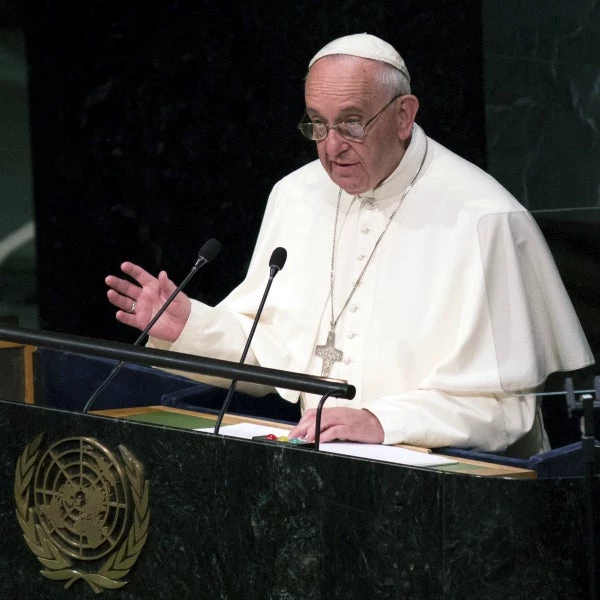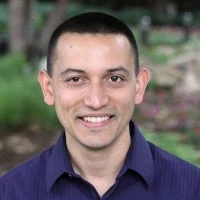
It has been a fascinating time to be in the United States and watch as the media and American public were transfixed by Catholic Pope Francis’ whirlwind three city sojourn to Washington DC, New York City and finally Philadelphia.
It was a trip of firsts. Pope Francis became the first Pope to address a joint session of the US Congress and then a day later marking another first in addressing the UN General Assembly just before member states unanimously adopted Agenda 2030 and the Sustainable Development Goals (SDGs).
It was fitting and profound to have the Pope frame the global goals’ agenda with his remarks, since in many ways his recently released encyclical, Laudato Si, embodies the integrated and indivisible nature of the sustainable development agenda.
It puts both environmental protection and social inclusion as part and parcel to ending poverty and extending dignity instead of being an add-on or at worst an afterthought.
In his address to the UN, the Pope captured these links in saying “the misuse and destruction of the environment are also accompanied by a relentless process of exclusion. The poorest are those who suffer the most from such offenses, for three serious reasons: they are cast off by society, forced to live off what is discarded and suffer unjustly from the abuse of the environment. They are part of today’s widespread and quietly growing “culture of waste”. And then to further embody these words, the Pope’s visit prioritized encounters with people living in poverty, the homeless, immigrants and the disabled.
For me, working for an organization that promotes the intrinsic link between climate change and poverty, his message on the environment rang loud.
The threat of climate change requires a transformation in how we relate to each other and to the earth and represents the quintessential threat to the common good.Pope Francis placed environmental protection squarely in the realm of rights saying that “A true ‘right of the environment’ does exist because we human beings are part of the environment. We live in communion with it, since the environment itself entails ethical limits which human activity must acknowledge and respect. Any harm done to the environment, therefore, is harm done to humanity ”.
To me, the Pope’s words can help to humanize the global goals, reminding us of the lives that are at the center of this transformation agenda.
I had the privilege of representing the Bank and speaking at a gathering of religious leaders hosted earlier this month by the UNDP and the Alliance for Religions and Conservation in Bristol. It was a stunningly diverse group of religious leaders who have developed long-term plans around how they are committed to advance various SDGs through their own religious programs and bodies, which you can learn more about here. There I often heard that the world’s religions have been engaged in development work for millennial and that many of the sustainable development goals are already embedded into the DNA of their religious practice.
Some may be disappointed that the Pope wasn’t more pointed with his critique and policy prescriptions.
However, this Pope acts first and foremost as a pastor who realizes that changing hearts and minds require inviting dialogue and a pastoral touch.
In his actual encyclical, the Pope is far more specific, providing a strong endorsement for greater investments in renewable energy and advocating for a bold and binding global agreement to dramatically reduce carbon emissions that recognizes common but differentiated responsibilities.
In his remarks to Congress, Pope Francis ended with words of challenge and encouragement, “Now is the time for courageous actions and strategies, aimed at implementing a “culture of care” and “an integrated approach to combatting poverty,restoring dignity to the excluded, and at the same time protecting nature.”
It is hard to imagine a more charismatic, disarming and inspirational champion for the very spirit of the sustainable development goals.


Join the Conversation